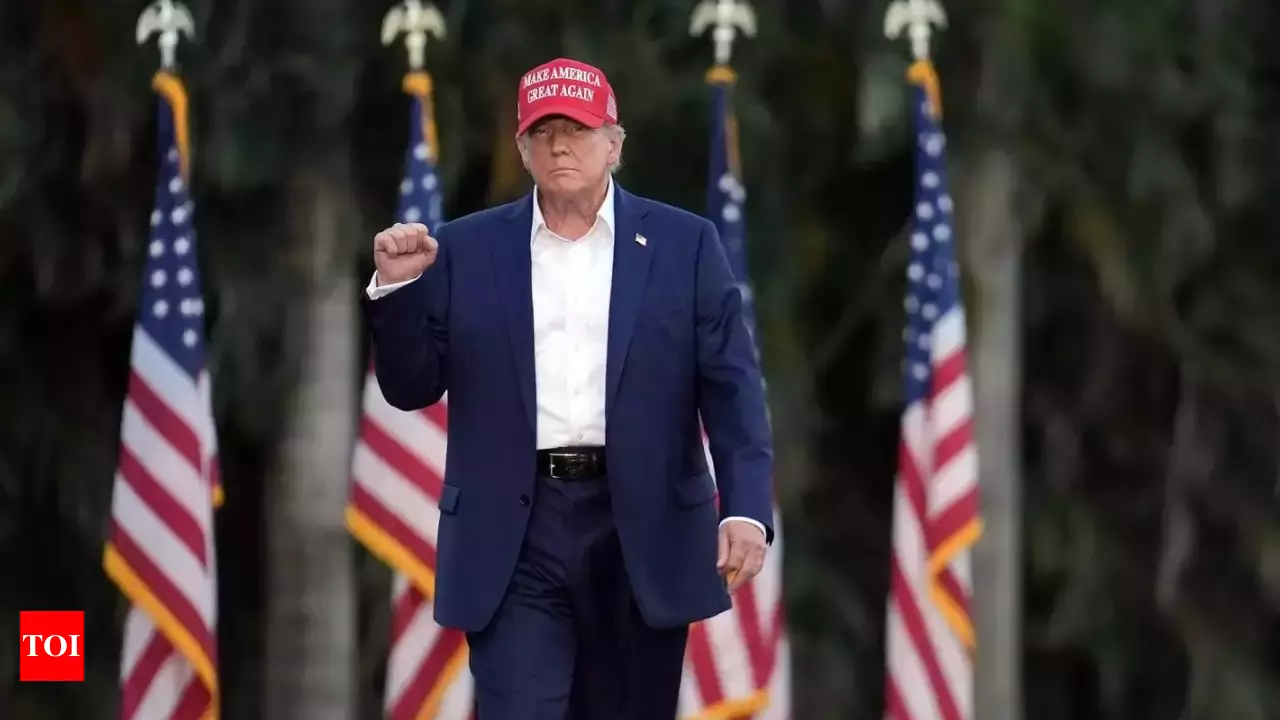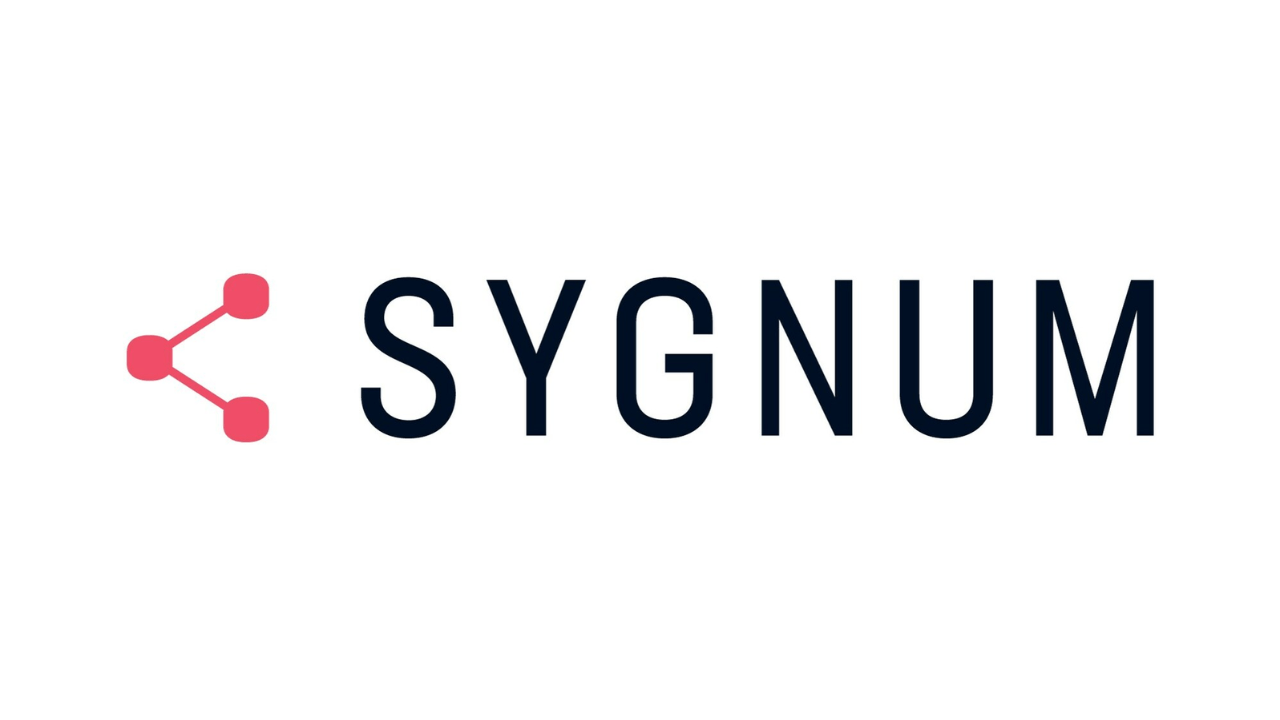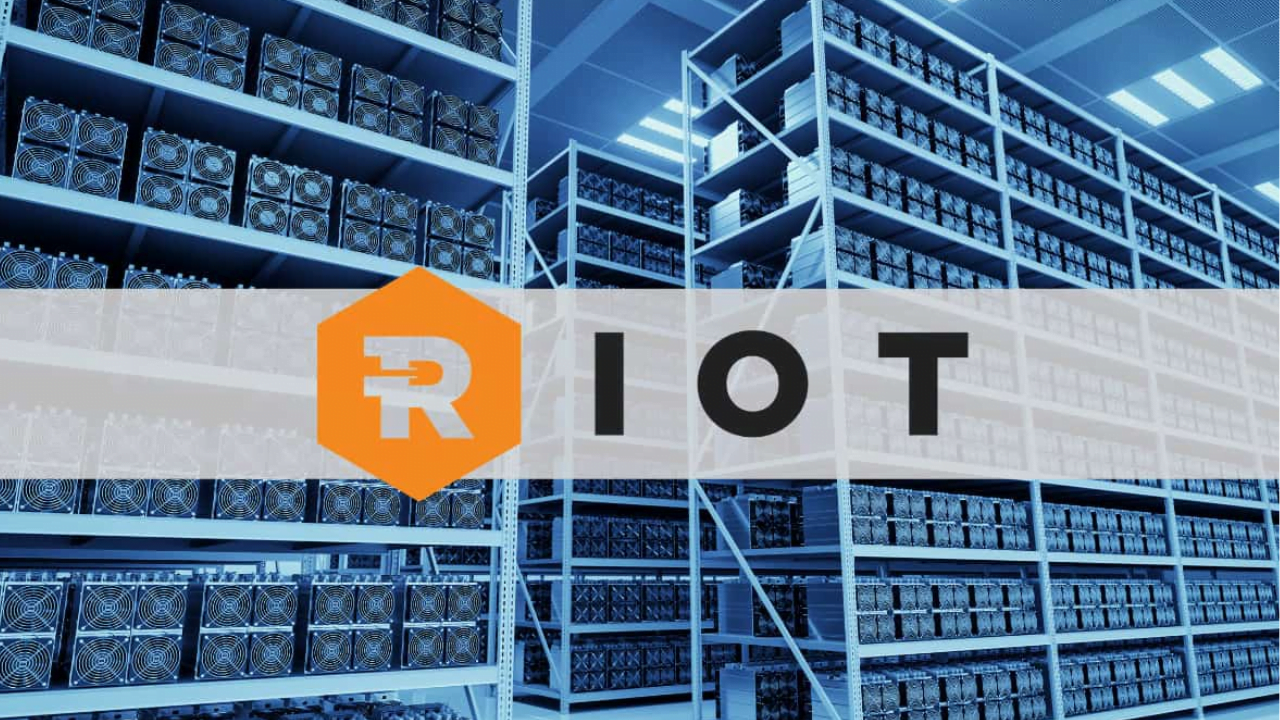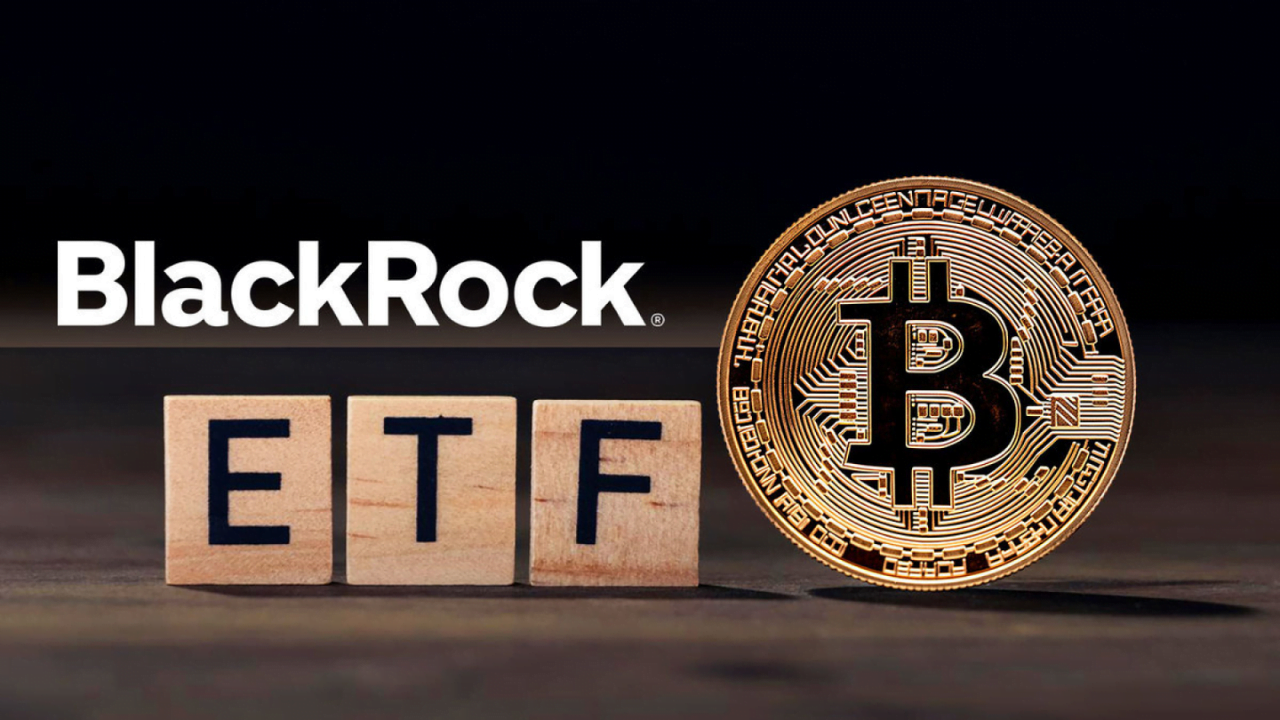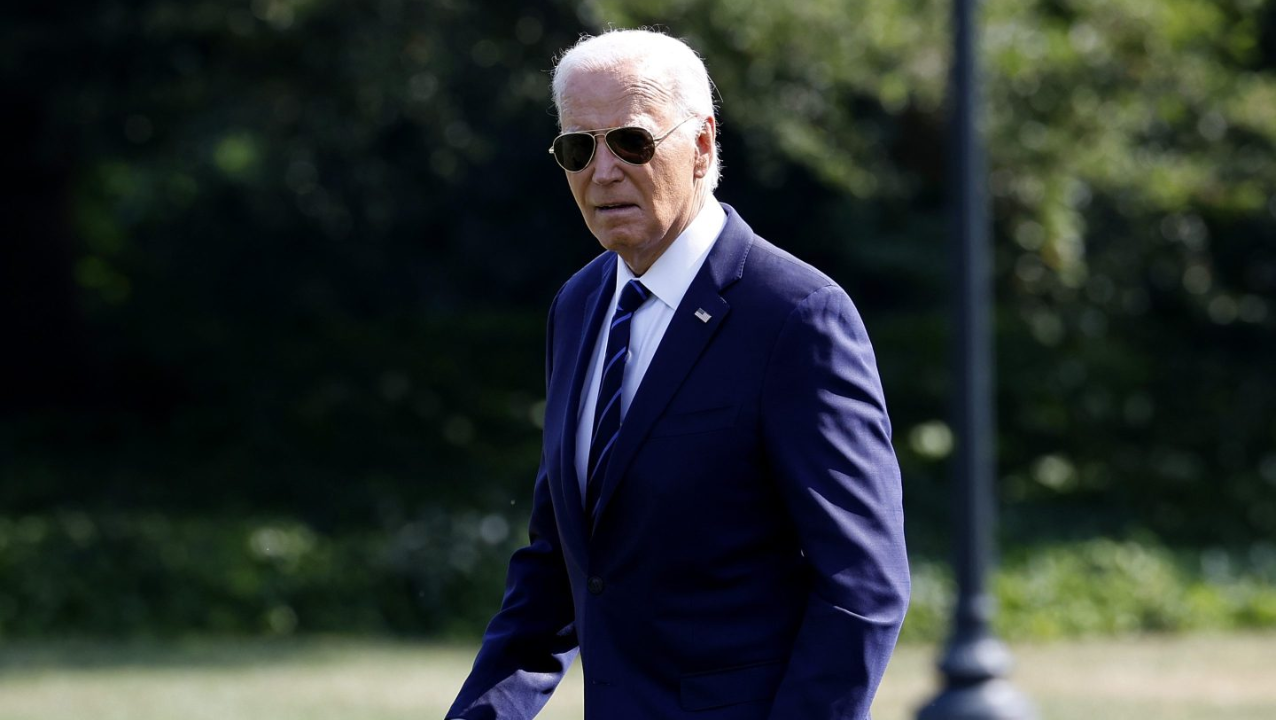The Russian invasion of Ukraine has garnered attention to not just the havoc created on the group but in the financial market as well. For starters, millions of dollars in crypto has flown in to support the Ukrainian army. However, experts are contemplating that Russia might use crypto as a loophole to get past sanctions slapped against it by the European Union and the US.
Although for investors, what’s more concerning is the initial slump in bitcoin post-Russia’s assault on Ukraine by as much as 8% on Thursday. Although crypto aficionados have always viewed cryptocurrency as a digital diamond whose computer run supply chain is beyond the reach of governments and, therefore, safer than traditional currencies, in the current crisis, Bitcoin is less of a safe haven and more of a volatile material.
But some view this time to be the best one for investing in cryptocurrency. At the corporate level, people are rushing to get their hands at the crypto assets in these two nations due to the current instability in the economic market and the depreciating fiat currency against the US dollar. More than ever, crypto is acting more like a value store, which begs the question, will the world finally bow down to cryptocurrencies as a valid form of transaction?
Experts say Russia cannot evade sanctions with cryptocurrencies
As bitcoin and other digital currencies are not regulated by a central entity, it doesn’t have to go through the traditional process of financial plumbing. And it is why some postulate that crypto is how Russia can evade the sanctions filed against it. However, several experts deny such an evasion.
For starters, blockchain, the technology that underpins bitcoin is a public ledger activity, which allows for possible tracking of funds from one account to the other. The mere misconception that crypto is untraceable and, therefore, can be used for nefarious purposes, is not the truth. Meanwhile, there is not enough liquidity for Russian companies for moving their money, which again abstains from such actions.
In fact, Charles Hayter, CEO-CryptoCompare says that exchanges with strong processes and code of conduct will be highly watchful during this time. If anything, The Russian-Ukraine conflict will help the financial world realize the importance of cryptocurrency and invite a fresh new wave of investments in the same. And this serves to be a good story for cryptocurrency.

